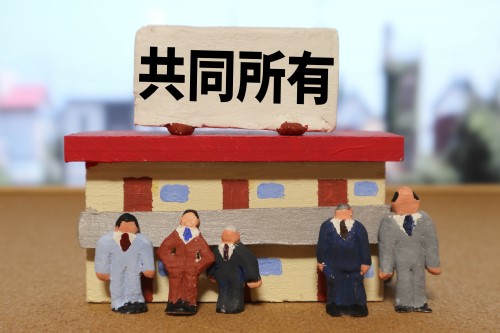When people think about estate planning, most of them think about writing a will, in which they bequeath all their worldly goods to their surviving relatives and friends. However, some kinds of property, such as jointly owned property, do not pass through a will. Instead, when one joint owner dies, the property passes directly to the other joint owner. This transfer is immediate, and no probate process is necessary.
There are many different types of property that you can own jointly, including bank accounts, family cars, and homes. Particularly in old age, people hold bank accounts or stocks in joint ownership with their spouse, with one or more children, or with friends.
Should you put property in joint ownership as part of your estate plan? The answer depends on your circumstances. Most lawyers urge caution. You may want to avoid joint ownership in the following circumstances:
Should you put property in joint ownership as part of your estate plan? The answer depends on your circumstances. Most lawyers urge caution. You may want to avoid joint ownership in the following circumstances:
1. When you don’t want to lose control
Giving someone co-ownership gives him or her co-control. For example, if you make your son a co-owner of your house, you cannot sell or mortgage the house unless he agrees. If you do sell the house, your son may be entitled to part of the proceeds.
2. When you cannot be sure of your co-owner
An untrustworthy co-owner could withdraw all the money from a jointly held bank account, or creditors of the co-owner could put a lien on the co-owned property. Moreover, if the co-owner were to become legally incapacitated, you would not be able to sell or transfer titled property, such as a home, without going through a cumbersome court proceeding.
3. When you are in a shaky marriage
In most states, separate property becomes marital property once it is transferred into joint names, which means it can be divided between spouses in the event of divorce.
4. When your intentions may change
When you transfer property into joint tenancy, you make a gift of one-half of the property to the new joint tenant. If you later change your mind, you can’t undo the gift.
5. When you are using co-ownership to substitute for a will
Joint tenancy is seldom a complete substitute for a will. The reason is that a deceased person almost always has some property that was not jointly owned, so probate may still be necessary. Joint tenancy also does not help if all the joint tenants die at the same time. Each joint owner still needs a will.
6. When co-ownership might cause confusion after your death
For example, it might be unclear whether a bank account held in joint ownership was created to help a child manage bill payments, or whether the money in the account was intended as a gift. This type of confusion could cause strife among heirs.
Even if none of the above red flags seem to apply to you, you still should exercise caution in using joint accounts. They may result in unexpected tax consequences for either or both owners and may also affect your eligibility for public benefits such as Medicaid. Talk to your lawyer about the legal implications of joint property ownership.



コメント